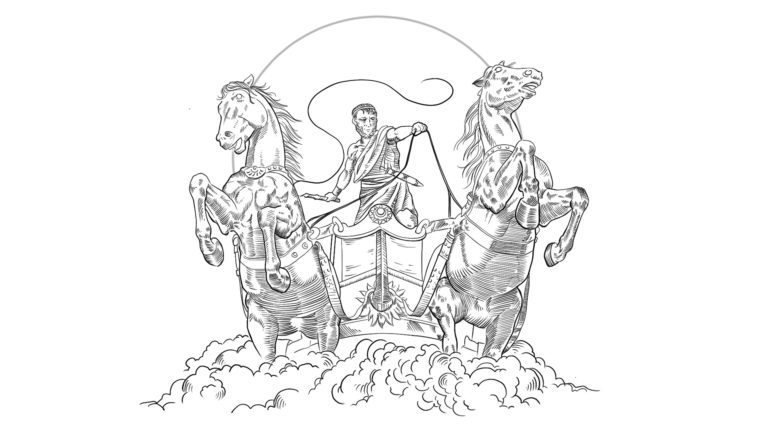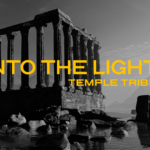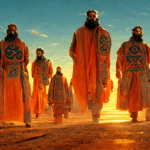A reader recently commented that Fire in the Dark didn’t contain enough suggestions for ritual practice, but that was intentional, as it was written for a general male audience and specific rituals would have been beyond the scope of the book. The concepts in it can be applied to many religions, and a Christian friend who I was talking to yesterday said that he immediately made the connections to his own religion and it made perfect sense to him. That said, the material in Fire in the Dark was absolutely written with the intent that it could be developed into a standalone practice and system of belief. The key gods in the book could also be used as modern English shorthands for parallel ideas in other systems.
In my response to the reader who asked for more ritual, I explained that if one were to perform rituals inspired by the eternal ideas and archetypes in the book, they would require completely new forms. For those looking for something like this, one could quickly take some existing forms and swap out the names of other gods or entities with The Striker or The Lord of the Earth or The Father, and that would be good enough for many. It was important to me, however, that the entire process and aim of ritual should be purposefully re-examined. As I wrote in an essay years ago for the journal TYR, the telos of a ritual is extremely important, and all of the parts of the process should serve that ultimate end. Also, when you are combining ideas that came from a wide variety of cultures, there is problem of integrating them to arrive at something true to all of them in some way, something that is both eternal and contemporary at the same time.
Clinton McMillan and I have experimented with some forms and ideas, and worked them into various rituals over the last few years. We played with Proto-Indo-European as a kind of universal language, though it isn’t truly universal — just connected in some way to so many of the myths explored in the book. It’s not a perfect fit, and as a theoretical/academic language, it is problematic and difficult to get a handle on.
Below are a few lines that were written as part of a bigger piece that remains unfinished. Writing poetically in a theoretical language is an interesting but confounding experiment, and probably somewhat impractical, though for that reason it is also extremely esoteric. I have used these simple lines in rituals and also to initiate personal meditations.
Proto-Indo-European
Pátér, Dyéus Pátér
Egoh hésmi wihrósyo séhwōl,
gwem hésmi ménjos woghós.
Rough English Translation
Father, Shining Father
I am a man of the sun
become my charioteer
The lines are straightforward and functional, and many of the reasons we want some kind of ritual practice is to get our heads right and to focus on a purpose.
The reference is to the Platonic idea of logos reigning in thumos and appetite, and harnessing the energy of these primal, driving forces in the service of a higher end.
Artist Trent Wyczawski sent me this drawing as part of his contribution to the solar flash project, and it reminded me immediately of these lines.
PH2T3R Creator and Primary Editor.
Author of The Way of Men, Becoming a Barbarian, A More Complete Beast, and Fire in the Dark.





